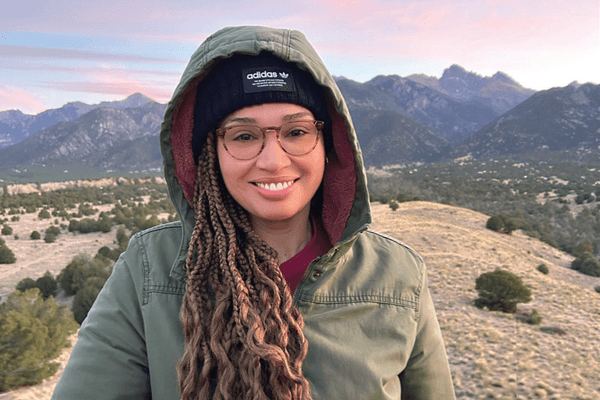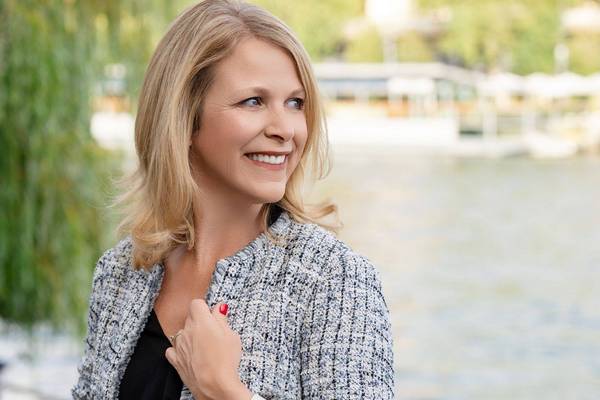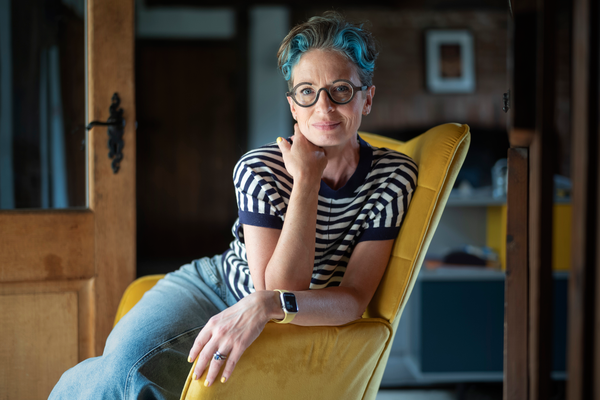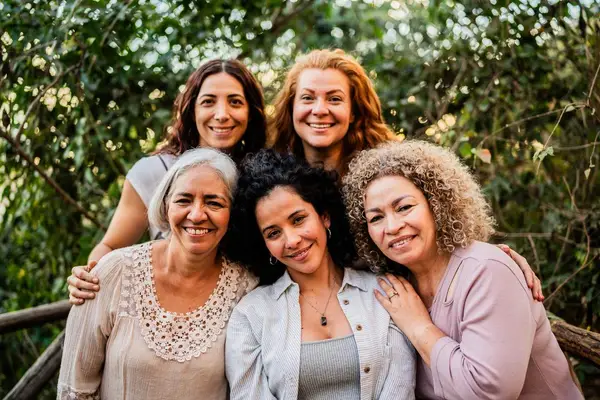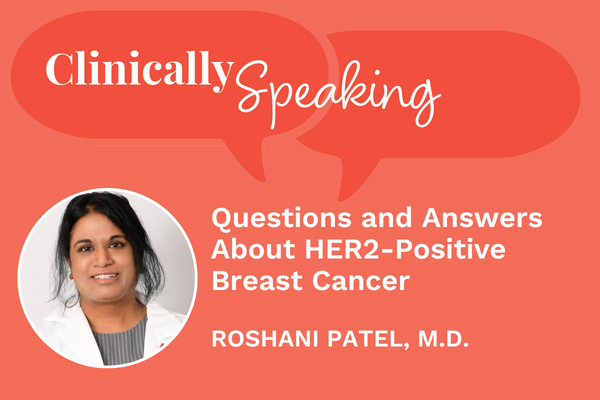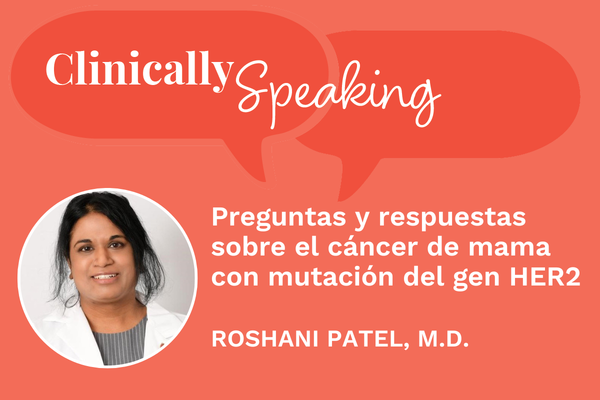It's likely you have a sister, mother, grandmother or friend who has been diagnosed with breast cancer. And that wouldn't be unusual, as statistics bear this out. Over the course of her lifetime, about one in eight U.S. women (that's about 12 percent) will be diagnosed with invasive breast cancer. Out of all newly diagnosed cancers in women, 30 percent of those will be breast cancer.
And although diagnosis, treatment advances and the future outlook for breast cancer have all been encouraging through the years, women are still dying of the disease—nearly 42,000 in 2019.
Are we all at risk?
Just being a woman—and getting older—are the two main risk factors. But there are subsets among that group, of course. (While it's true that men can also get breast cancer, women's breasts are constantly being exposed to estrogen and progesterone and are always changing and growing.) But some women will get breast cancer seemingly out of the blue, without any other risk factors they're aware of.
Like what?
Your risk doubles if you have a first-degree relative—like a mother, sister or daughter—who has been diagnosed with breast cancer. But it's important to remember that family history is not the sole determining factor, nor does it account for the majority of breast cancer cases. Less than 15 percent of women who are diagnosed with breast cancer have a family member with it.
So, what else raises my risk? And if I know what those things are, will I know how to prevent breast cancer?
Well, there are things that put you at risk that you have no control over, like being a woman, getting older (the majority of breast cancers are found in women over 50) and genetic mutations in the BRCA1 or BRCA2 gene.
Then, there's your reproductive history. The longer you're exposed to hormones (like estrogen), the greater your risk. Meaning that if you started menstruating before age 12 and have a late menopause (after age 55), your risk of breast cancer increases. Also, you're at higher risk if you had your first pregnancy after 30, never breastfed or never had a full-term pregnancy.
Women who have been previously treated with radiation therapy to the chest or breasts (like for Hodgkin's lymphoma) are at higher risk later in life, as are women who took diethylstilbestrol (DES), a drug that was given between 1940 and 1971 to prevent miscarriage. (Having a mother who took it can also increase your risk.)
Hopefully there are things you can control. That's where prevention comes in, right?
Most definitely, and it's so important to be aware of those things. Because, face it, you're given a gift here, an opportunity to help yourself. And while there are no guarantees, at least you can do everything in your power to try to stay healthy and keep your risk low.
Make sure to exercise, because women who are inactive have a higher risk of developing breast cancer. Research shows that walking briskly for just 75 to 150 minutes a week can help lower your risk.
If you're overweight, try to lose weight. That's because women who are overweight or obese after menopause have a higher risk of getting breast cancer compared to women of a normal weight.
It's thought that more fat tissue can increase the levels of both estrogen and insulin in your body; both hormones have been linked to a higher risk of breast cancer (and other cancers, too).
Watch your alcohol intake. Studies show that the more you drink, the higher your risk of breast cancer.
Go on …
Both the environment and hormone therapy have been linked to higher rates of breast cancer. Certain hormones taken during menopause (like a combination of estrogen and progesterone) can contribute to the risk of breast cancer if you take them for more than five years.
Also at higher risk are smokers, women who are exposed to cancer-causing chemicals and night-shift workers (due to its effect on melatonin).
OK, I know what I need to do now. I can't be in control of everything, but I can certainly aim to be healthy and make wise decisions in so many parts of my life, can't I?
Absolutely. There are so many ways to reduce your breast cancer risk. Doing them will not only lower your risk but will keep you healthy in all aspects of your life and keep you feeling good, to boot.
Always remember that if you feel or notice any changes in your breasts, visit your health care professional. Also make sure to keep up with your recommended screenings. Yes, they frequently change (as well as differ among experts). Click here to see the various guidelines from seven organizations, provided by the Centers for Disease Control and Prevention. And here is the latest from a few organizations:
U.S. Preventive Services Task Force
American Society of Breast Surgeons
American College of Obstetricians and Gynecologists
American College of Radiology
American College of Physicians
American Academy of Family Physicians


